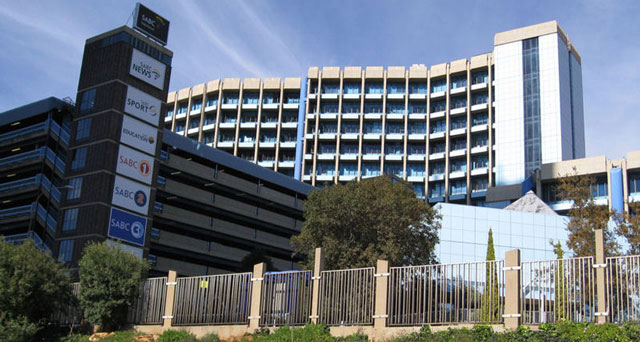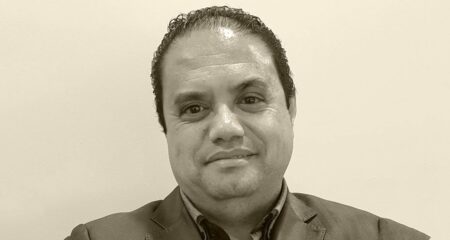
The SABC’s decision not to broadcast footage of people destroying public property during protests should not be seen as censorship, the ANC said on Saturday.
“What the SABC has done with its decision not to show footage or visuals of people destroying property has opened up a debate … [and] media houses must welcome that debate of what is the role of media in the context of nation building,” national spokesman Zizi Kodwa said.
“I don’t think we must look at it as censorship… We must not look at it negatively.”
The public broadcaster announced its decision in a statement on Friday morning, saying it would be implemented with immediate effect.
Chief operating officer Hlaudi Motsoeneng said acts of destroying public property were disrupting the lives of many, and that as a responsible public institution the SABC would not “assist these individuals to push their agenda that seeks media attention”.
Opposition parties have condemned the SABC’s decision, calling it censorship.
Democratic Alliance MP and national spokeswoman Phumzile van Damme said the party was considering its legal options, following the announcement.
Economic Freedom Fighters spokesman Mbuyiseni Ndlozi said there were no grounds to the logic that showing people burning a public building would encourage others to do the same.
The Right2Know Campaign expressed dismay at the SABC’s decision saying it was unjustifiable and calling it a form of “self-censorship”.
“As a national broadcaster, the SABC is mandated to broadcast the realities of everyday South Africans. Protests, violent or otherwise are our everyday reality.
“If they are newsworthy then they must be broadcast regardless of the implications,” spokeswoman Busi Mtabane said in a statement.
She said “airbrushing” community struggles would not make them disappear but would remove liability from those who should be held accountable for poor service delivery.
“Keeping the public in the dark will not stop communities from protesting because for most communities protest is the only tool available to them to get their voices heard.”
Right2Know said the decision was unconstitutional and called on the SABC board, editors and Media Workers’ Union to put pressure on management to reverse the decision.
But Kodwa questioned who was benefiting from seeing footage of people destroying public property and whether it was perpetuating violence.
“Obviously the media must also say ‘what role do we play when there is this growing phenomenon of protests becoming too violent?’…
“What influence does it have on another group of people who say ‘when they burnt the school government came and listened, so let’s burn a school as well’,” he said.
The ANC was calling on the South African National Editors’ Forum (Sanef) to provide leadership in this debate.
“In fact, we call on Sanef, instead of being sensational and being quick to use the word censorship out of context, Sanef must … answer the question what is the role of media in relation to nation building.
“The issue is no body supports censorship and our view is that the decision of SABC has nothing to do with censorship.”
The ANC welcomed the SABC’s decision.
“What SABC has done in our view, which we welcome, is to open space to discuss whether it is true that footage [of people destroying property] … has an influence on other people who are unhappy. That we must debate ,” said Kodwa.




